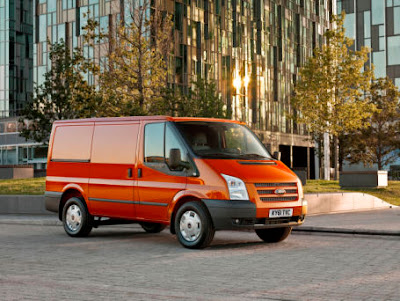When researching moving companies, it is necessary to do your homework and inquire about out those that only deal with professional movers. Companies with professional movers are probable to be licensed and insured, have a trustworthy status in the community and pack and load your prized belongings with interest and knowledge. Even if there are contract laborers that will also act efficiently, you are motionless running a risk by hiring a moving company without knowledgeable staff. For instance, a contract laborer is moving your coffee table, when the glass top falls and shatters on his hand. Is that contract laborer insured? Will he sue you for damages? What if the contract manual worker is untrustworthy and steals your beloved items? Also, who would you feels more contented with handling your priceless family heirlooms: professional movers, or contract laborers who do different jobs every week?

We USA Moving and Storage, Inc., a Chicago Movers in Illinois, only do business with professional movers. Our policy is to not work with bond laborers so we can promise our clients that their property will be handled with the utmost care and expertise. Our movers are a quantity of the greatest paid in the industry and we have kept them so happy some have even stay with us for more than a decade. Our professional Chicago mover will do as much or as little as you wish. Be it to enfold, pack and cargo all of your items or just securely cover and pack your most valuable belongings; our Chicago movers are trained to do it all.
